
Compensation Structures in Private Equity
![]()
![]() 1 yr ago ago
1 yr ago ago
Private Equity salary structure, including entry-level jobs in Private Equity, is a topic of perennial interest in the world of finance. As the industry continues to evolve, keeping up with compensation trends in Private Equity is crucial for both aspiring professionals and seasoned experts. In this article, we'll delve into the intricacies of Private Equity compensation models, exploring their components, recent trends, and the challenges faced by the industry.
Overview of Compensation Structures
Definition of Compensation Structures in Private Equity
Private Equity salary structure is essentially the framework that dictates how professionals within the industry are remunerated for their contributions. It's more than just a paycheck; it's a multifaceted system that aligns incentives, drives performance, and fosters commitment.
The Significance of Well-Structured Compensation Plans
Well-structured compensation plans in Private Equity serve as a powerful tool for attracting and retaining top talent. They provide a means of risk-sharing by tying a significant portion of compensation to the firm's overall performance and long-term value creation.
Differentiating Factors in Private Equity Compensation
What sets Private Equity compensation models apart are the unique factors at play within the industry. The emphasis on long-term value creation, the strategic use of leverage, and the performance-based nature of returns all contribute to the distinctiveness of compensation structures.
Components of Private Equity Compensation
A deep dive into Private Equity compensation structures requires a breakdown of the key components that make up these packages.
Base Salary: The Foundation of Compensation
In the realm of Private Equity salary structure, the base salary serves as a crucial foundation. While it may be somewhat lower than what's typically found in investment banking, it provides stability, especially during market downturns.
Performance Bonuses: Rewarding Excellence
Performance bonuses constitute a substantial part of Private Equity compensation. These bonuses are intricately linked to individual performance, deal outcomes, and the firm's overall success. Exceptional performance can lead to sizable bonuses, occasionally surpassing the base salary.
Carry: The Incentive to Generate Returns
Carried interest, often referred to as "carry," stands out as one of the most appealing aspects of Private Equity compensation. It represents a share of the profits generated from successful investments. Carry acts as a potent motivator for professionals to generate substantial returns, as their financial interests are closely aligned with those of investors.
Co-Investment Opportunities: Aligning Interests
Many Private Equity firms offer co-investment opportunities to their employees, allowing them to invest alongside the firm in select deals. Co-investments further align the interests of professionals with the firm's success and the performance of its portfolio companies.
Compensation Structures at Entry Level
Entry-Level Roles in Private Equity
Entry-level jobs in Private Equity often go by titles like Junior Associate or Analyst. These positions are frequently filled by recent graduates or individuals with limited industry experience.
Typical Compensation for Junior Associates
The compensation package for entry-level professionals in Private Equity usually consists of a base salary complemented by a performance bonus. While the base salary provides financial security, it's the performance bonus that can substantially enhance overall compensation. Junior Associates can expect their bonus to be tied to their performance in various aspects of deal analysis and execution.
Bonus Structures for Newcomers
The bonus structure for entry-level professionals can vary from one firm to another. Some may emphasize individual performance metrics, while others may put greater emphasis on the success of the deals they work on. This diversity creates a competitive environment that encourages individuals to excel and contribute to the firm's profitability.
Advantages and Disadvantages of Entry-Level Compensation
Entry-level compensation in Private Equity offers several advantages, such as the potential for high earnings and the opportunity to work on exciting deals. However, it also comes with challenges, including long working hours and high-pressure work environments. Aspiring professionals should carefully consider these factors when contemplating a career in Private Equity.
Evolving Trends and Challenges
Recent Shifts in Private Equity Compensation
Compensation trends in Private Equity are not static. The industry has witnessed recent shifts, including increased transparency in reporting, a growing emphasis on environmental, social, and governance (ESG) factors, and a continued focus on performance-based rewards.
Regulatory Changes Impacting Compensation
Regulatory changes can have a profound impact on compensation structures in Private Equity. New rules may alter the tax treatment of carried interest, affecting how professionals receive their share of profits.
The Role of Diversity and Inclusion in Compensation
The issue of diversity and inclusion is gaining prominence in the finance industry, including Private Equity. Firms are increasingly recognizing the value of diverse perspectives and backgrounds in driving innovation and decision-making. Compensation structures are evolving to promote greater diversity and inclusion.
Private Equity Industry Challenges
While Private Equity offers lucrative compensation, it also faces its share of challenges. Industry players must navigate market volatility, economic uncertainties, and evolving regulatory landscapes. Balancing competitive compensation structures with these challenges is a constant endeavor.
Conclusion: Your Path to Success
As you explore the intricacies of Private Equity compensation structures, keep in mind that this field offers unique opportunities and challenges. Staying informed about compensation trends, industry challenges, and evolving regulations is essential.
Quill Capital Partners is your trusted ally in taking your knowledge and career to the next level. We understand the intricacies of the finance industry and can guide you through the complexities of compensation structures. Our platform connects candidates with experienced mentors, providing invaluable insights and guidance. Through Quill Capital Partners, you can establish meaningful connections that will accelerate your professional development in the competitive world of Private Equity. Your journey to success begins with the right knowledge and connections. Connect with us today and take the next step toward a rewarding career in finance.Recent Articles

J.P. Morgan Internship: A Comprehensive Guide to Launch Your Finance Career
IntroductionAn internship with...
![]() Apr 07, 2023
Apr 07, 2023

Goldman Sachs Internship: An In-Depth Analysis
IntroductionA widely sought-af...
![]() Apr 07, 2023
Apr 07, 2023

Morgan Stanley Internship: A Glimpse into the World of High Finance
IntroductionWhen it comes to i...
![]() Apr 07, 2023
Apr 07, 2023

Bank of America Internship: A Gateway to a Thriving Career in Finance
IntroductionBank of America is...
![]() Apr 07, 2023
Apr 07, 2023

Barclays Internship: A Comprehensive Guide to the 2023 Summer Program
Introduction Barclays is ...
![]() Apr 10, 2023
Apr 10, 2023

UBS Internship: A Comprehensive Guide to the Summer Program
Introduction UBS is a pro...
![]() Apr 10, 2023
Apr 10, 2023

HSBC Internship: A Comprehensive Guide to the Summer Program
Introduction HSBC, one of...
![]() Apr 11, 2023
Apr 11, 2023

BlackRock Internship: Your Comprehensive Guide to the Summer Program
Introduction BlackRock, a...
![]() Apr 11, 2023
Apr 11, 2023
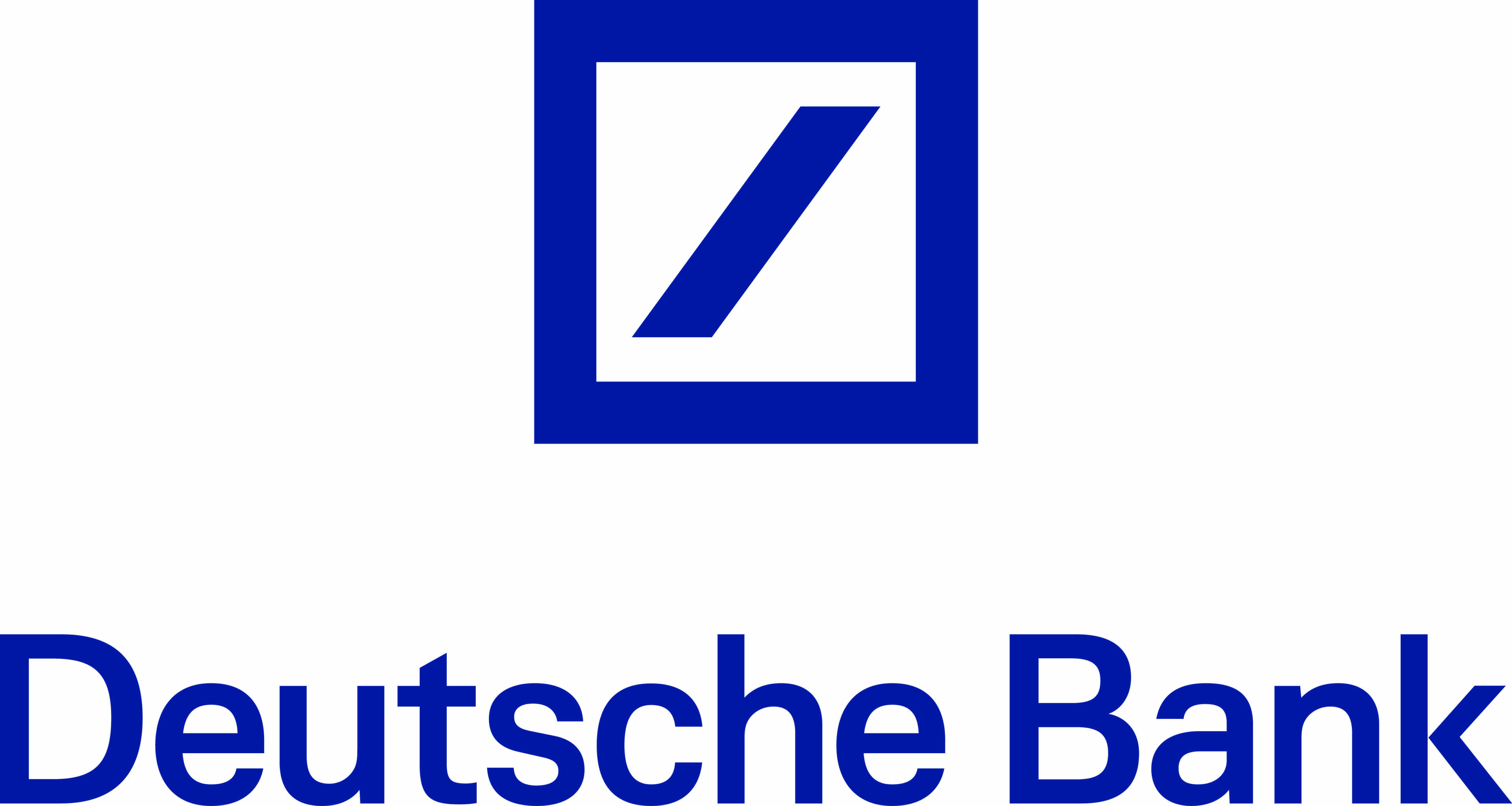
Deutsche Bank Internship: Your Comprehensive Guide to the Summer Program
Introduction Deutsche Ban...
![]() Apr 15, 2023
Apr 15, 2023

Wells Fargo Internship: Your Comprehensive Guide to the Summer Program
Introduction Wells Fargo,...
![]() Apr 15, 2023
Apr 15, 2023

BNP Paribas Internship: A Comprehensive Guide to BNP Paribas Summer Internship 2023
Introduction The BNP Pari...
![]() Apr 15, 2023
Apr 15, 2023
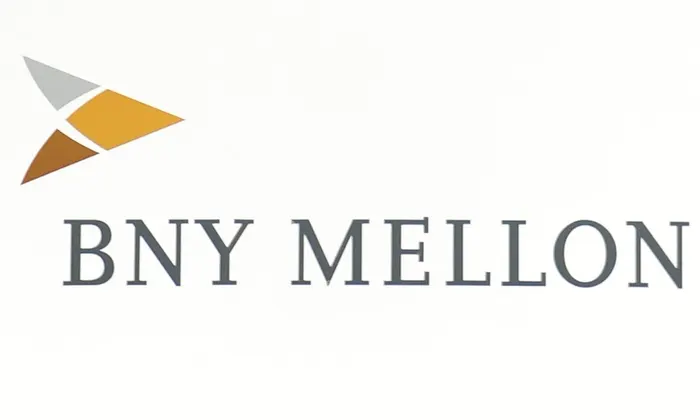
Unlocking Opportunities at BNY Mellon Internship: An In-Depth Look at the BNY Mellon Summer Internship 2023
IntroductionThe BNY Mellon int...
![]() May 04, 2023
May 04, 2023
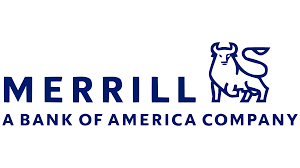
Merrill Lynch Internship: A Comprehensive Guide to Salaries, Reputation, and Career Opportunities
Merrill Lynch is a lea...
![]() May 05, 2023
May 05, 2023

Lazard Internship: An Overview of Compensation, Prestige, and Opportunity
Lazard is a global financial a...
![]() May 05, 2023
May 05, 2023
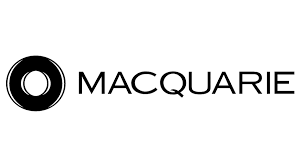
Macquarie Internship: A Comprehensive Guide to Compensation, Reputation, and Career Growth
Macquarie Group is a leading g...
![]() May 05, 2023
May 05, 2023
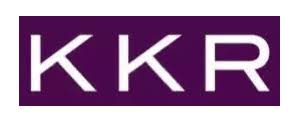
KKR Internship: A Comprehensive Guide to Roles, Compensation, and Company Reputation
KKR is a leading global invest...
![]() May 05, 2023
May 05, 2023
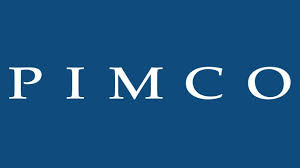
PIMCO Internship: A Comprehensive Guide to Compensation, Reputation, and Career Growth
PIMCO is a leading global inve...
![]() May 05, 2023
May 05, 2023

The Ultimate Societe Generale Internship Guide: How to Excel in a Top Financial Services Firm
Societe Generale is a leading ...
![]() May 05, 2023
May 05, 2023

How to Succeed in the Jefferies Internship: A Guide to Career Growth and Industry Reputation
Jefferies is a global investme...
![]() May 05, 2023
May 05, 2023

Exploring the Evercore Internship Program: An In-Depth Look at Opportunities, Pay, and Professional Development.
Evercore is a leading global i...
![]() May 05, 2023
May 05, 2023

Navigating the Raymond James Internship Program: An In-Depth Look into Services, Reputation, and Professional Development.
Raymond James is a leading inv...
![]() May 05, 2023
May 05, 2023

Santander Internship: A Comprehensive Guide to Compensation, Services, and Career Growth
Santander is a multinational f...
![]() May 07, 2023
May 07, 2023
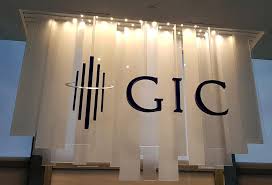
Exploring the World of Finance with GIC Internship: An Overview of the Application Process, Work, and Career Growth
GIC, also known as the Governm...
![]() May 08, 2023
May 08, 2023

Fidelity Investments Internship: Everything You Need to Know
If you're a college student or...
![]() May 08, 2023
May 08, 2023